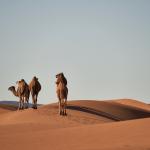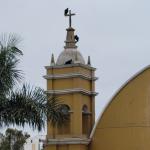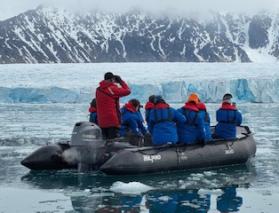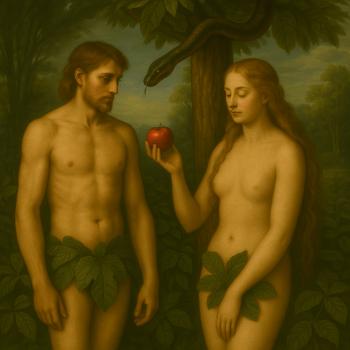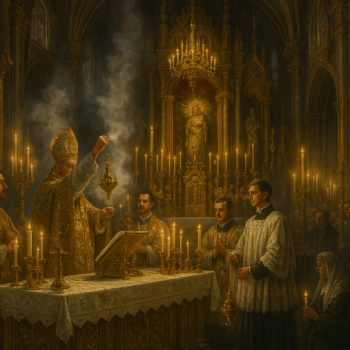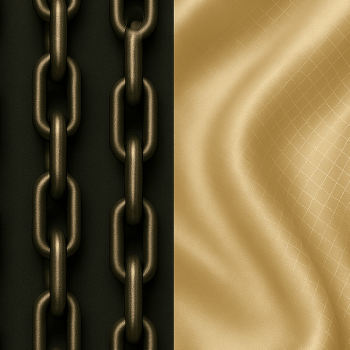We may see more by the light of the moon than by the light of a bulb.
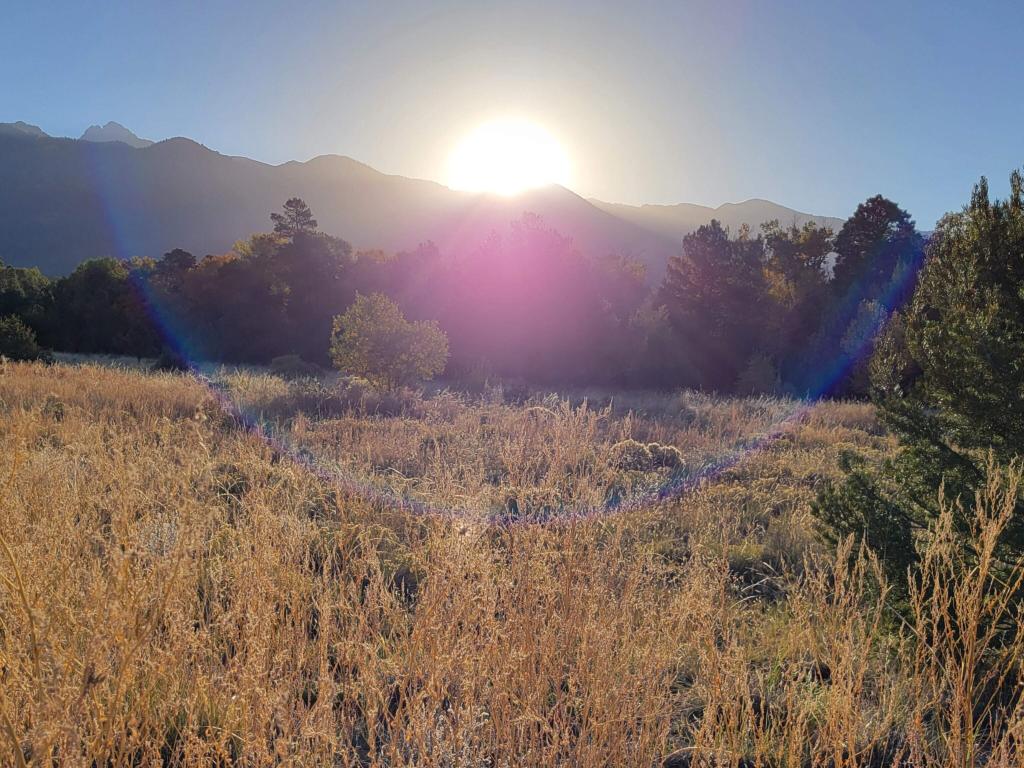
The Real World
We spend two months each year in Crestone, Colorado, near the Great Sand Dunes National Park. Crestone sits in the high desert at the base of several 14,000 foot peaks in the Sangre de Cristo Mountains. There are plenty of hiking trails and hot springs nearby.
Crestone has a great art gallery and over 20 spiritual centers, where visitors can bake in a sweat lodge, chant to Shiva, meditate in a zendo, or whirl with the dervishes. Also, the town attracts world-class cultural events like you might see in New York, Los Angeles, or Chicago.
We discovered Crestone when we toured the spiritual centers. Once, when we returned home after a week of exercise, fresh air, good food, great company, meaningful experiences, and stimulating conversations, someone asked how it felt to be back in the “real” world.
“That was the real world,” my wife, Jill, replied. “This isn’t real. It’s just bills and bosses and budgets, technology and tension and traffic.”
The Natural World
Here, we unplug from the unnatural world and plug into the natural world. We may not know the day of the week, and we do not watch TV. But, we observe the changing of the seasons, the habits of the wildlife, the phases of the moon, and the times of the sunrises and sunsets.
Early to bed and early to rise. Every morning, we drink our coffee and await the brilliant sunrise and the grazing deer. Yesterday, Jill said:
“Turn out the light, so we can see!” This is a great koan, and I have been working with it since she said it. I wrote about koans here.
In some ways, the unnatural light can obscure, rather than augment, our natural vision of nature. Similarly, our beliefs, concepts, feelings and thoughts can obscure, rather than augment, our natural perception of reality.
We may see more by the light of the sun or the moon than we see by the light of a bulb or a candle. She could have said, “Open the windows, so we can smell the rain.” Or “Take off your shoes, so we can feel the earth.” Or “Turn off the radio, so we can hear the dawn.” Same idea.
When we see the same stars in southern Colorado that our ancestors saw from an African savannah, a European forest, or an Iowa cornfield, then we connect to the Universe in a way that transcends space and time.
We Need No Theology…
After all, we are stirred into the cosmic soup, woven into the fabric of the Universe.
Everything is related, and everything is connected. We need no theology to realize this from the base of a mountain or the top of a sand dune. We need no theology to realize this in the midst of a chant or a fire ceremony or a meditation.
Being in the mountains is like changing an air filter. “How did I breathe all of this junk?” I wonder. “And why don’t I do this more often?” Also, I remember to “turn out the light” back home, so that I see the same stars, even if they are obscured by the urban light and smog.
We may see more by the light of the moon than by the light of a bulb.
If you want to keep up with the latest from You Might Be Right, please subscribe.
The Way is a Silver winner in the 2024 Nautilus Book Awards.
If you enjoyed this article, please leave a comment at the bottom of this page.
Thanks for reading You Might Be Right!!



